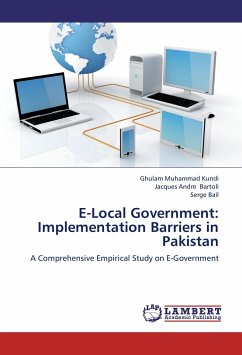This book explored public university governance in Ethiopia vis-à-vis autonomy, accountability and the nexus between the two at this time of phenomenal expansion of the sector with an eye both on theory and practice. It intended to answer three basic questions: (1) Do public universities in Ethiopia have legal and effective autonomy on academic and administrative affairs? (2) Are public universities in Ethiopia accountable to stakeholders for utilization of resources and their effects? (3) Is there an appropriate balance between autonomy and accountability of public universities in Ethiopia? Three assumptions guided the book. (1) Increased autonomy in tandem with greater accountability is critically important for Ethiopian public universities. The relationship between public universities and government has been considered. The book adopted Van Vought's (1994) governance model of State Control versus State Supervisory role. Though appropriate balance between autonomy and accountability has been stipulated as guiding value of public universities, both government intervention and requirements have been excessive.
Bitte wählen Sie Ihr Anliegen aus.
Rechnungen
Retourenschein anfordern
Bestellstatus
Storno








